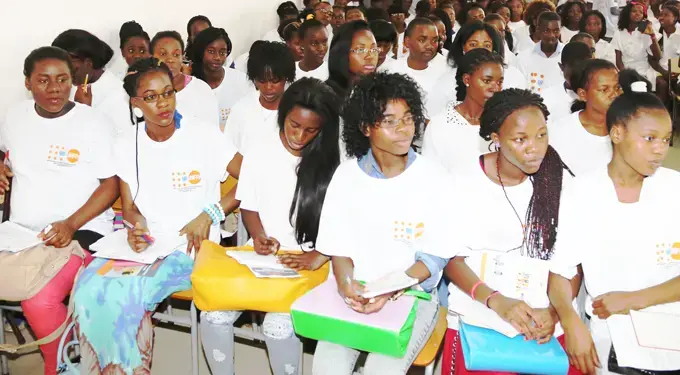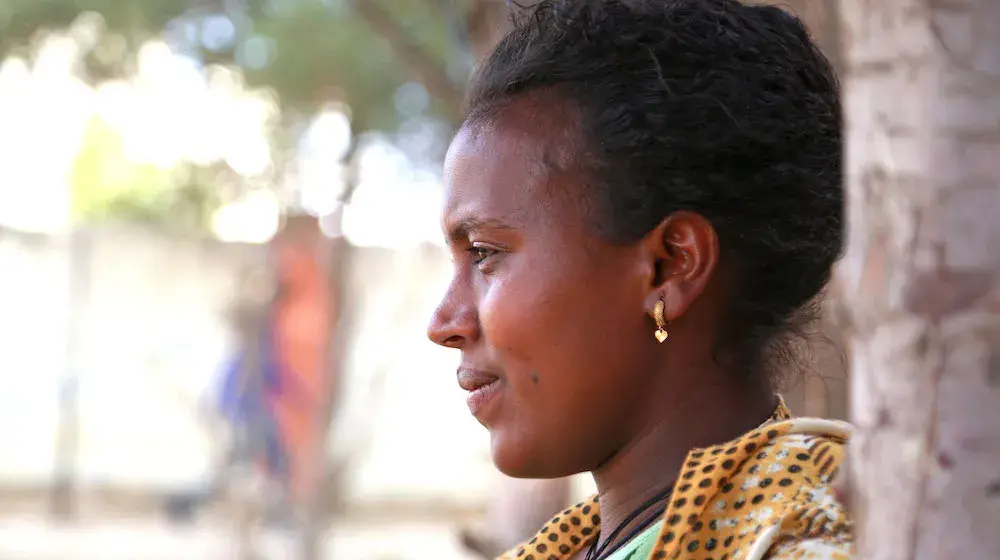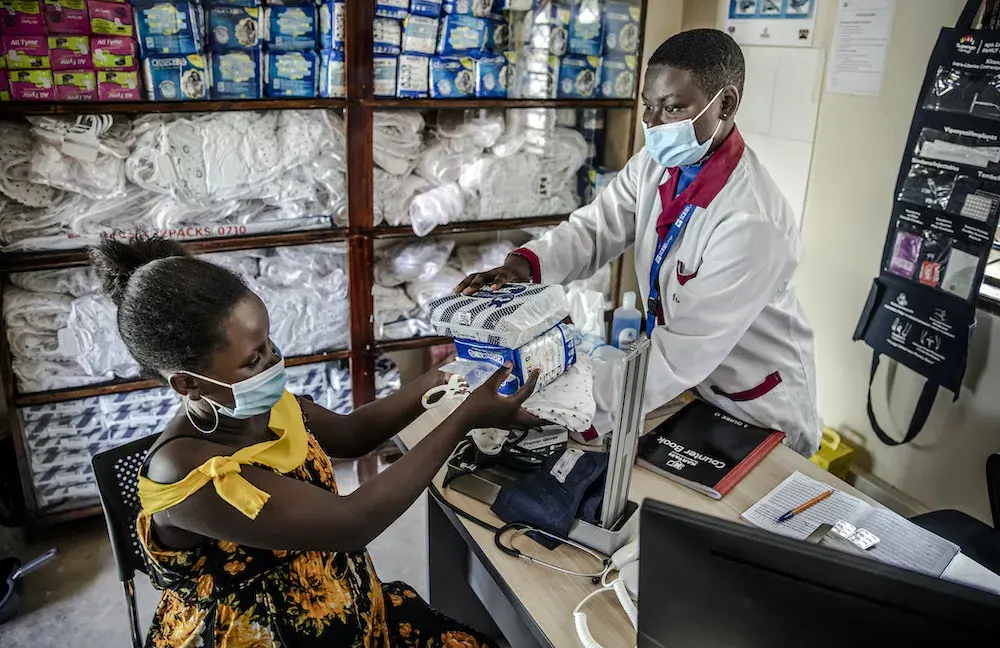Gender equality is, first and foremost, a human right. Women have the right to live in dignity and security. The empowerment of women and girls is also an indispensable tool for advancing development and reducing poverty. Women who are healthy, educated and in charge of their own lives contribute to the health, well-being and prosperity of entire families, communities and their nations.
The importance of gender equality is emphasised by its inclusion as one of the Sustainable Development Goals (SDGs). As a goal in itself, gender equality is also a driver for all the SDGs. For this reason, it is closely linked to targets to improve maternal and newborn health, and to reduce the spread of HIV.
With regard to the promotion of gender equality, the National Development Plan (NDP) 2013-2017 has as its overall objective the promotion of equal opportunities, rights and responsibilities for men and women in all areas of economic, social, cultural and political life.
The Angolan Government has approved several legal instruments aimed at promoting Gender Equality and Equity, in order to respond in a sustainable and multisectoral manner to Gender-Based Violence. These include Law 25/11 of 14 July 2011; Presidential Decree No. 124/13 of 28 August 2013 on the Regulation of the Law Against Domestic Violence; and Presidential Decree No. 222/13 approving the National Policy for Gender Equality and Equity and the Strategy for advocacy and resource mobilization for the implementation and monitoring of the policy.
According to the World Bank’s World Development Indicators, 64.1% of women aged 15 to 64 participate in the labor force compared to 78% of men. The percentage of women employed is relatively high in the public sector and in the banking system, in some cases it is above 50%, but women are practically absent in other areas.
Statistical data
- 78% of men aged 15-64 participate in the workforce
- The literacy rate of young people (15-24 years) is 80.1%
- In the period 2008-2012 the net rate of school enrollment and participation in primary school was 77.2%
- HIV prevalence among men is around 1.6%
- 64.1% of women aged 15-64 participate in the workforce
- The literacy rate of young people (15-24 years) is 66.1%
- In the period 2008-2012 the net rate of school enrollment and participation in primary school was 78.2%
- HIV prevalence among women is around 2.4%
Women and men need to work together to end gender-based discrimination and violence.
Gender Equality: Advocating, Raising Awareness and Raising Awareness on Gender Issues
With the support of UNFPA to the Ministry of Family and Women's Promotion (MINFAMU), the Law against Domestic Violence (Law No. 25/11) was prepared and approved in July 2011. To facilitate its dissemination, UNFPA supported the production of a miniature version of the Law, to facilitate its dissemination. Additionally, the National Policy for Gender Equality and Equity and the Advocacy and Resource Mobilization Strategy for Implementation and Monitoring of the Policy were prepared. The aforementioned policy was approved on 24 December 2013, by Presidential Decree No. 222/13. Several workshops and actions for the empowerment of women have also been held. Of note is the Workshop on the Evaluation of the Beijing Platform for Action (Beijing +20), which reflects the commitment made by the Government to Women's Rights.
UNFPA's work
UNFPA’s work in Angola focuses on promoting universal access to reproductive health information and services, including family planning for adolescents and young people, with a special focus on girls aged 10 to 14. This focus includes working with partners to mainstream youth issues into national development and poverty reduction strategies and supporting the expansion of and access to sexuality and gender education.
The expected progress for the period 2015-2019 in improving the living conditions and health of Angolan adolescents and young people is as follows:
- Increased institutional capacity of the Ministry of Health to provide high-quality integrated family planning, maternal health and STI/HIV prevention services.
- Increased capacity of primary and secondary school teachers and ADECOS to implement comprehensive sexuality education (CSE) programmes at school and in the community.
Within this focus of work, priority actions are based on:
- Support MINFAMU to create a Gender Observatory in Angola with the participation of several partners;
- Support the functioning of the Maternal and Neonatal Deaths Audit Commission led by MINFAMU;
- Support actions to promote Zero Pregnancy in Schools and the training of activists and Gender Mobilizers taking into account a cross-cutting approach;
- Support MINFAMU to implement the approved legal instruments, in this case the National Policy for Gender Equality and Equity;
- Strengthen government health units to offer treatment for survivors of gender violence.





